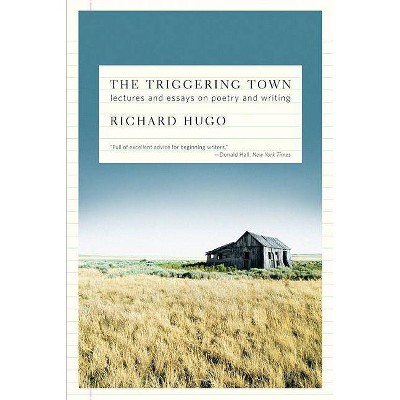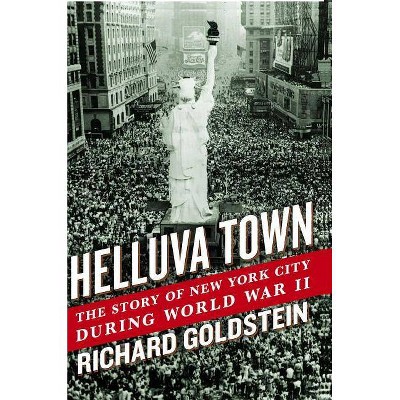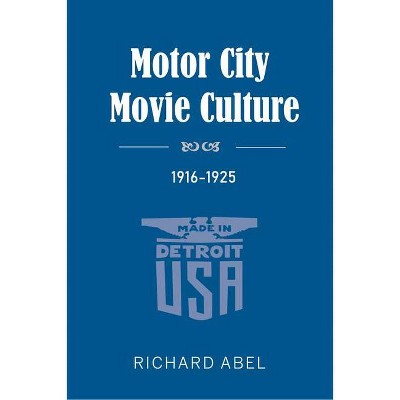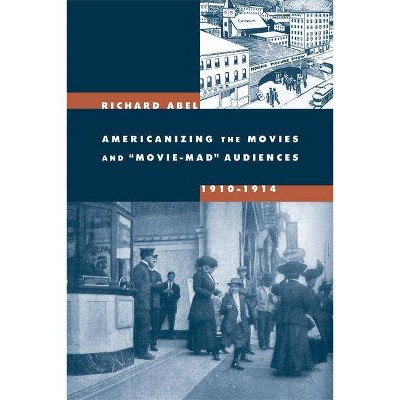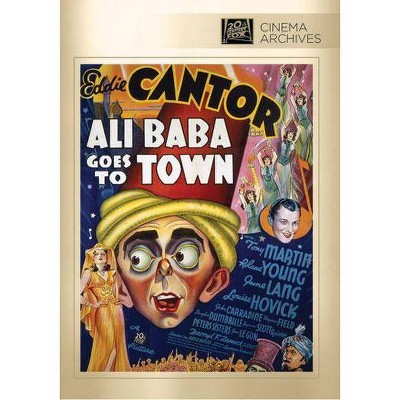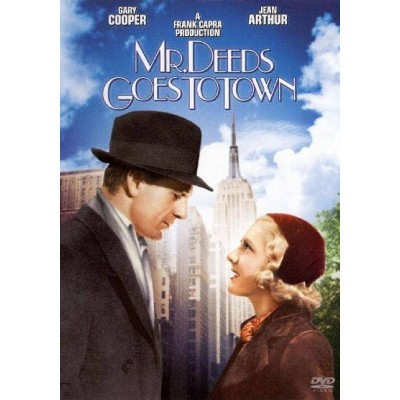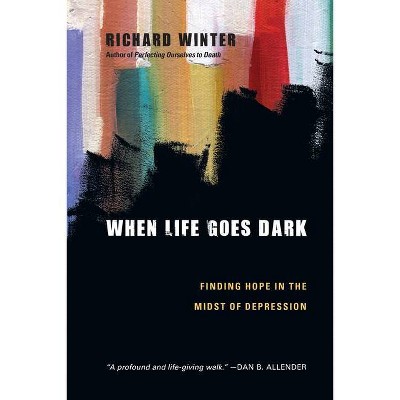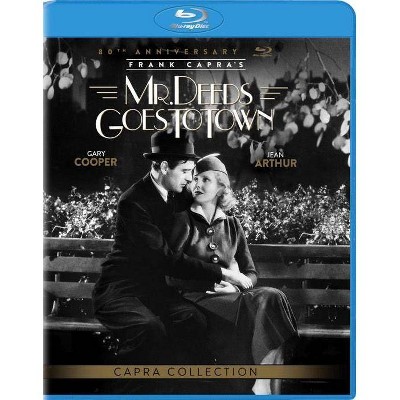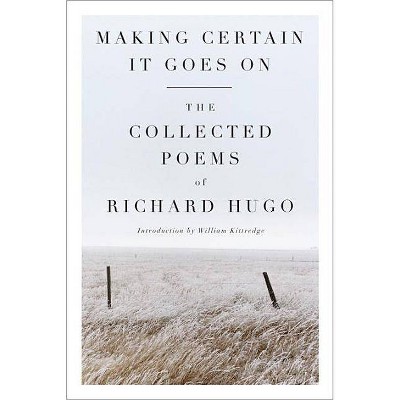The Cine Goes to Town - by Richard Abel (Paperback)
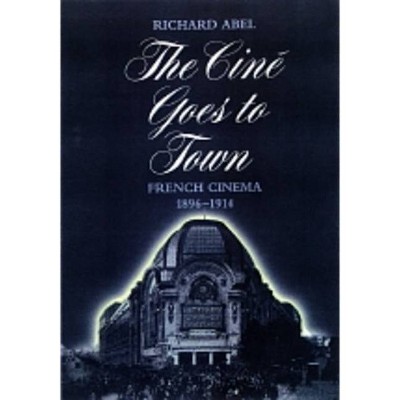
Similar Products
Products of same category from the store
AllProduct info
<p/><br></br><p><b> About the Book </b></p></br></br>This updated edition of Richard Abel's magisterial history of French cinema between 1896 and 1914 is based on extensive investigation of rare archival films and documents. "A valuable, richly detailed film history, one that is the fullest account in English and the most up to date in any language".--Charles Rearick, AMERICAN HISTORICAL REVIEW. 130 illustrations.<p/><br></br><p><b> Book Synopsis </b></p></br></br>Richard Abel's magisterial new book radically rewrites the history of French cinema between 1896 and 1914, particularly during the years when Pathé-Frères, the first major corporation in the new industry, led the world in film production and distribution. Based on extensive investigation of rare archival films and documents, and drawing on recent social and cultural histories of turn-of-the-century France and the United States, his book provides new insights into the earliest history of the cinema.<br /><br />Abel tells how early French film entertainment changed from a cinema of attractions to the narrative format that Hollywood would so successfully exploit. He describes the popular genres of the era-comic chases, trick films and <i>féeries</i>, historical and biblical stories, family melodramas and grand guignol tales, crime and detective films-and shows the shift from short subjects to feature-length films. Cinema venues evolved along with the films as live music, color effects, and other new exhibiting techniques and practices drew larger and larger audiences. Abel explores the ways these early films mapped significant differences in French social life, helping to produce thoroughly bourgeois citizens for Third Republic France.<br /><br /><i>The Ciné Goes to Town</i> recovers early French cinema's unique contribution to the development of the mass culture industry. As the one-hundredth anniversary of cinema approaches, this compelling demonstration of film's role in the formation of social and national identity will attract a wide audience of film scholars, social and cultural historians, and film enthusiasts.<p/><br></br><p><b> Review Quotes </b></p></br></br><br>"Just the sort of history text that should satisfy nearly everyone. [Abel] relies on original archival archaeology and connects that inquiry to shifts in early French film style and culture, all the while keeping an eye on the theoretical implications of his own historiography. . . . The attention to detail, the importance of the scholarship, and the excellent production quality are evident at every level. . . . Abel not only worked hard in the archives, he also worked at writing a lively, teachable history that allows us to marvel at all these wonderful movies. . . . Abel's history is a great success."--Richard Neupert, "Film Quarterly<br><p/><br></br><p><b> About the Author </b></p></br></br><b>Richard Abel</b> is National Endowment for the Humanities Professor of English at Drake University. His books include <i>French Cinema: The First Wave, 1915-1929</i> (1984), winner of the Theatre Library Association Award, and <i>French Film Theory and Criticism: A History/Anthology, 1907-1939</i> (1988), winner of the Jay Leyda Prize in Cinema Studies.
Price History
Price Archive shows prices from various stores, lets you see history and find the cheapest. There is no actual sale on the website. For all support, inquiry and suggestion messagescommunication@pricearchive.us
